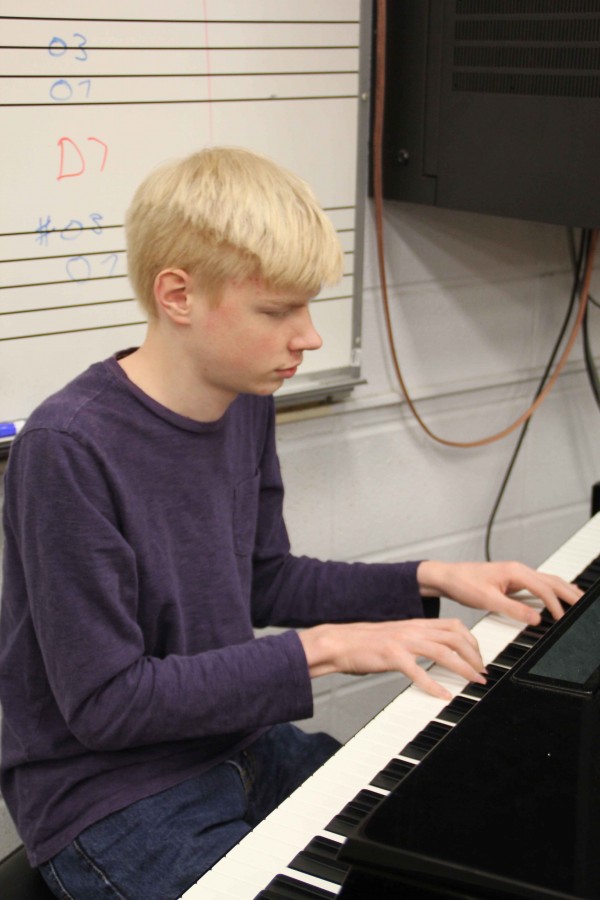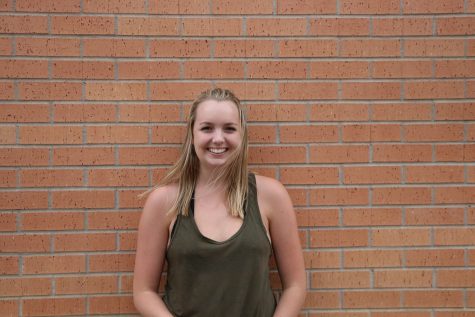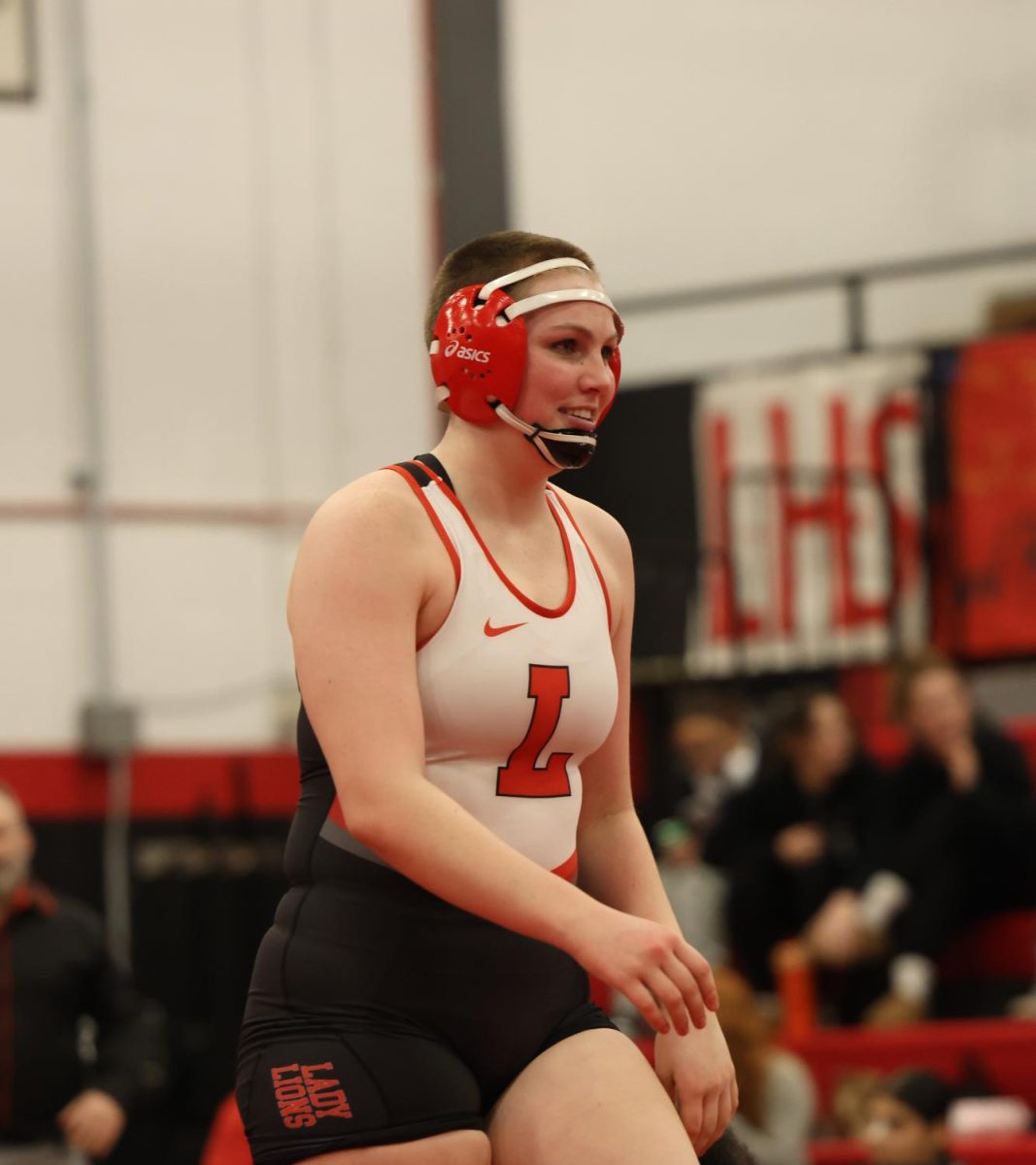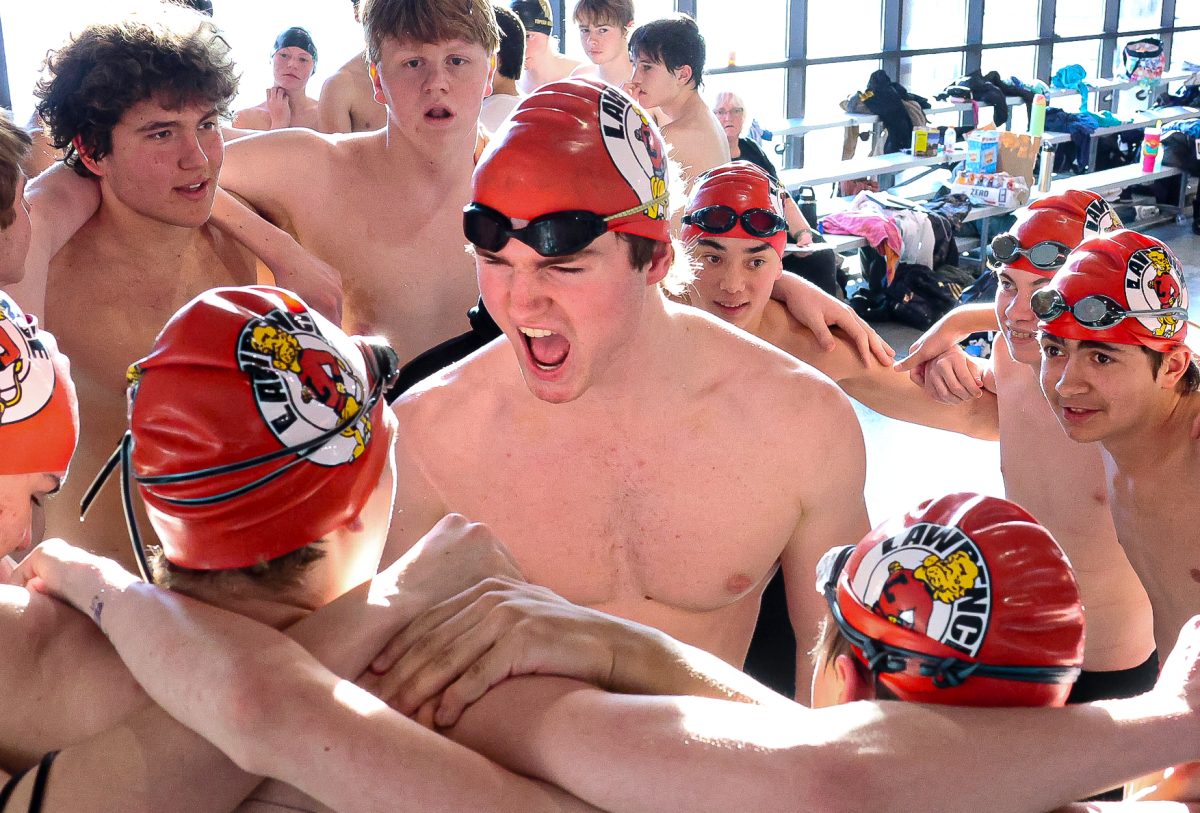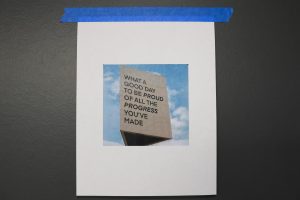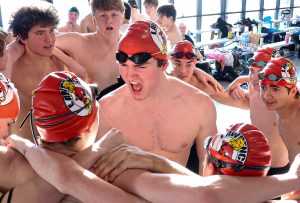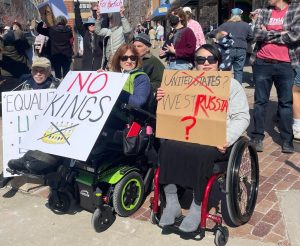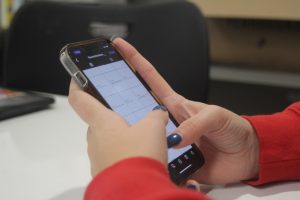Sophomore excels at piano, math
Using Braille, Luther Fuller learns to play piano and participates in school despite lack of vision
Sophomore Luther Fuller plays the keyboard. Fuller has been blind since he was 11 months old.
March 26, 2016
Most piano music is comprised of written notes, measures and bar lines notated on paper. But sophomore Luther Fuller has been working with music differently than most students.
Fuller’s way of learning has been largely characterized by patterns of raised dots on paper, which he must read and write in, along with the challenge of learning to play the piano.
“I started learning Braille music when I was 10, so before that, I did most of my stuff by ear or my piano teacher would show me whatever note to play,” Fuller said.
Fuller had to do almost everything in his life by ear and still does to this day. He also uses his sense of touch in many areas of life.
“One thing that is important to learning as a blind person is lots of descriptive language and hands-on opportunities,” Luther’s mother, Brendy Latare, said.
“I’ve been blind since I was 11 months old, so I don’t have any memories of having sight, [and] it’s affected me basically my whole life,” Fuller said. “I started in 2003 at the Kansas State School for the Blind in Kansas City, so I did two years of preschool there, and that’s when I started learning Braille.”
Learning to read and write without vision has been crucial for reading and taking notes, one of many examples of how Luther uses his sense of touch to make up for his loss of vision.
“[Braille] was my first experience of reading and writing, because, this isn’t a kind of deteriorating thing where I started getting low vision and it’s gotten worse and worse — I basically immediately became blind after a series of surgeries, so my vision has been this impaired since I went blind.”
When Luther was 6, he began learning to play piano.
“There’s a lot less [Braille music] than there is print music, but there’s a division of the Library of Congress where I can order it off the website,” Fuller said.
Fuller uses Braille not just to read, but also to take notes in classes like math, a subject he has performed just as well in as music.
“Luther’s extremely intelligent, he does a great job in math, he’s very analytical, [and] he’s very quick with answers,” Fuller’s math teacher, Stephanie Magnuson said. “[He] takes his time to make sure he understands what’s going on, and works hard to get there as well.”
Fuller’s need to understand math from an auditory and kinesthetic perspective has also challenged Magnuson to present her lessons to the class in ways that stretch beyond the traditional visual method of writing problems on the board and studying out of a textbook.
“[Teaching Luther] has helped me connect with kids on different levels… it’s really helped me look at math in a different way and to make sure I verbalize the lessons as well as communicate them through the written,” Magnuson said.
According to Fuller’s mother, it is important to remember that suffering from any disability, including blindness, is something that many people can relate to in some way.
“Everyone, if we are lucky enough to live long enough, will have a disability, some of us sooner than others. So we should all be working toward a truly universally accessible world, where information and opportunity are equally accessible to everyone,” she said.



